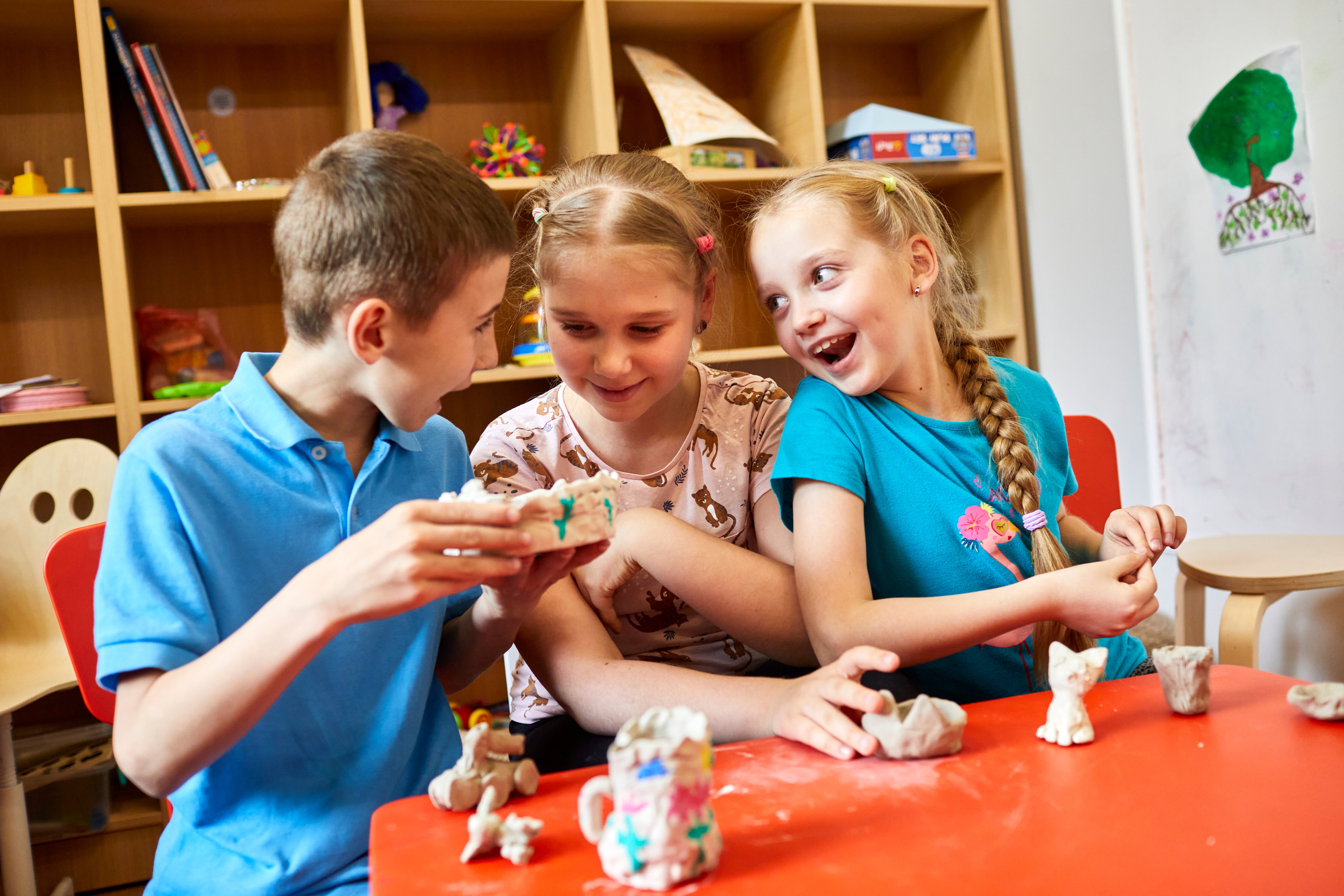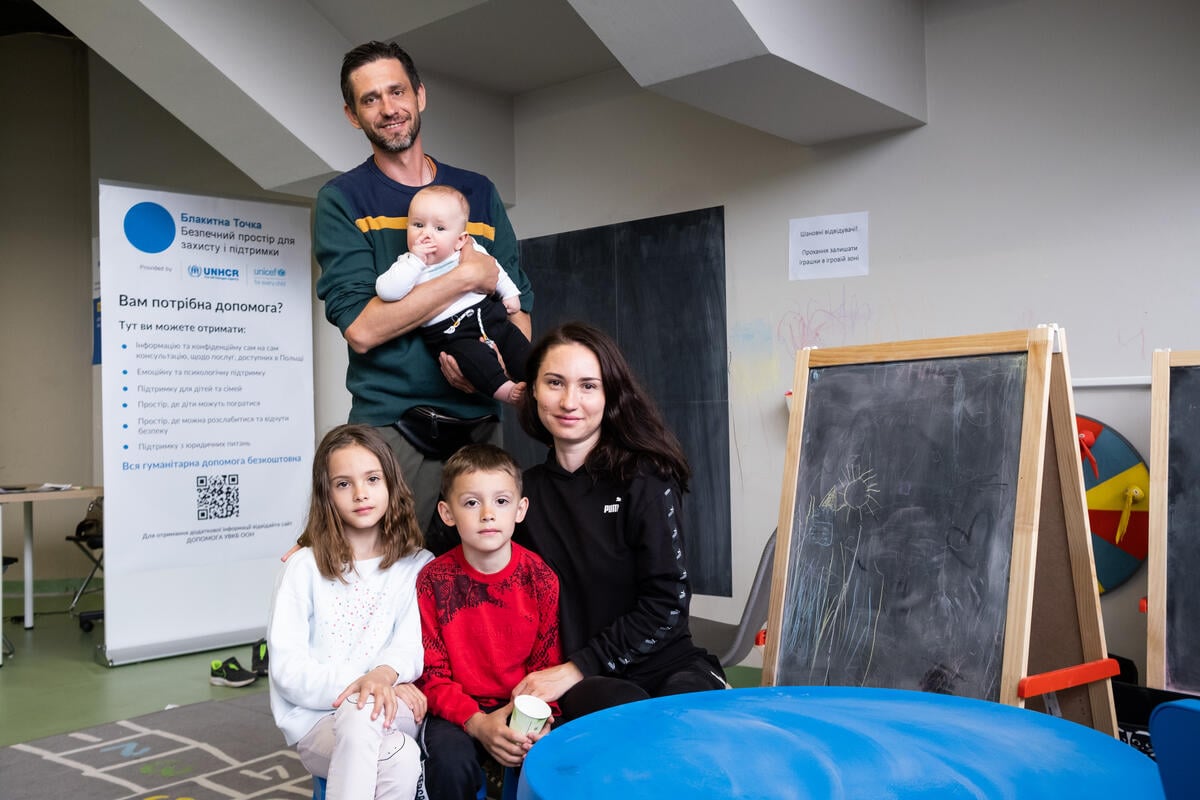Mixing high and low tech to teach Kabul's street children
Mixing high and low tech to teach Kabul's street children

KABUL, Afghanistan, June 28 (UNHCR) - As he slowly presses the keys to spell out "I'm very happy working on computers" on the screen in front of him, Mohammed Fardine could be any 12-year-old boy enjoying a bit of free time in the classroom. But unlike those more fortunate, when the course ends, he will return to his job as a carpet weaver to help support his family.
The computers, which were provided by the UN refugee agency, are being used by an Afghan organisation to provide 200 street children with an array of skills that would otherwise be out of reach. In addition to the IT courses, the Social Volunteers Foundation, or SVF, are teaching some of Kabul's most vulnerable children how to read and write while introducing them to the state education curriculum in the hope that some will enter school full-time.
Mohammed spent most of his childhood living as a refugee in Pakistan and never received a formal education. Since the family returned to Afghanistan two years ago, he has helped supplement the meagre income his father earns selling vegetables by weaving carpets. Today he is able to leave his arduous labours behind for three hours an afternoon before returning to the loom.
"Things are different now," he says. "Now that I am learning how to read, I hope that I will be able to get a better job and help my parents." His dream, he says, is to become an engineer.
Many of the children who fill SVF's small classrooms and spill out into the garden only arrived at the centre recently. And like Mohammed, the majority are the children of returning refugees. For all of them, this is the first time in school.
"Our courses run over two years," says Abdul Qadir of SVF. "And the best outcome is when a child who previously had to work on the streets enters the mainstream education system. About 200 children from this centre are now in regular school. But even for those who do not go on to further studies, we are able to provide them with valuable skills as well as a better sense of their own worth. We teach them about equality between girls and boys and also about their own rights, such as the right not to be beaten."
The classes are an even mix of boys and girls, but aware that many conservative families will not allow their daughters to attend mixed lessons, SVF has a number of female teachers who provide private tuition in their own homes. Social workers also visit parents regularly to discuss their children's progress and to listen to any concerns they may have.

"We have found that parents are generally supportive of our programme. Some do pull their children out of class so they can return to the streets and help provide an income for the family. Most of the children, though, keep coming back. This is a new and exciting experience for them," says Qadir.
At 4:30 pm, the computers are turned off and the children re-enter the traffic-filled streets of central Kabul. As he walks away with an older friend, Mohammed again appears as a carefree 12-year-old. He still faces another two hours knotting carpets before he can return home, but he knows that tomorrow he will return to school.
By Tim Irwin in Kabul, Afghanistan









